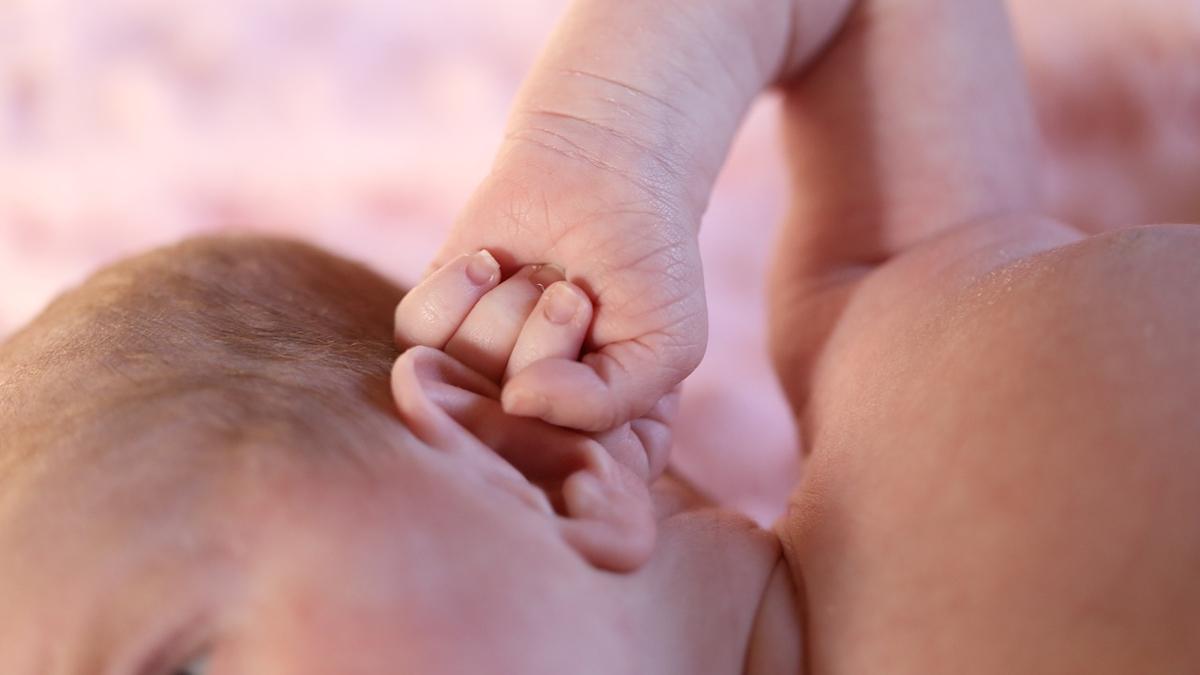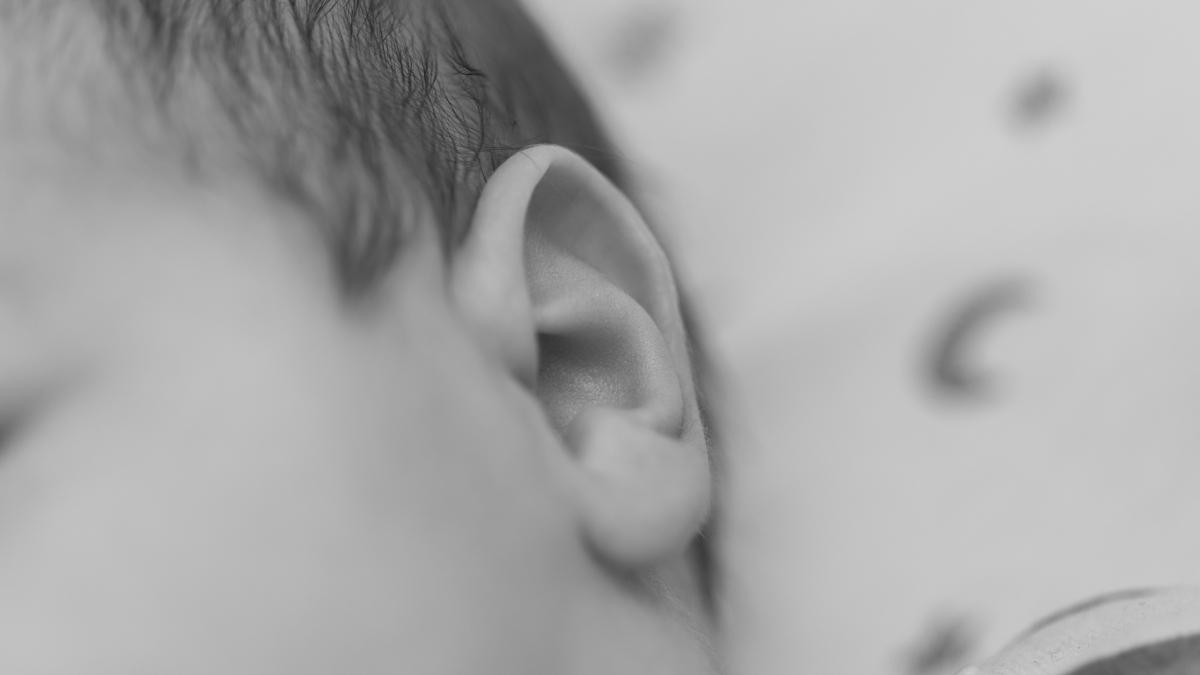Sensorion encouraged by deafness gene therapy data

Sensorion's gene therapy for otoferlin-related hearing loss – a congenital form of deafness – has shown early signs of improving hearing in two toddlers treated in a phase 1/2 trial.
The preliminary results from the Audiogene study, conducted in children aged six to 31 months without cochlear hearing implants, also showed that the SENS-501 (formerly OTOF-GT) gene therapy was well tolerated by the two patients.
The first two toddlers treated in the dose escalation trial of SENS-501 – which was administered by a single intra-cochlear injection – have shown "encouraging behavioural improvements" that suggest their hearing may be improving, according to the French biotech.
The company said it is on course to complete enrolment of the low-dose cohort in the trial by the end of the year and a higher-dose group before the middle of 2025. It also intends to hold a meeting in early 2025 to discuss the preliminary results and next steps for the programme, including interactions with the FDA over a possible route to market.
SENS-501 is designed to correct DFNB9 mutations in the otoferlin or OTOF gene, which codes for a large protein expressed in hair cells in the cochlea (inner ear) that is involved in the process of transmitting sound into neuronal signals.
Deficiencies in the protein typically cause a form of deafness in which patients can hear almost nothing and – according to some research – may also lead to the rewiring of brain neurons in ways that may affect learning.
OTOF-related hearing loss accounts for around 8% of all congenital deafness, equivalent to around 20,000 people in Europe and the US combined, and Sensorion is one of a number of companies trying to develop gene therapies for this type of deafness, including Eli Lilly and Regeneron.
Earlier this year, Lilly reported that its AK-OTOF candidate had restored hearing in an 11-year-old child enrolled in its AK-OTOF-101 phase 1/2 trial. The pharma group acquired the gene therapy through its takeover of Akouos in 2022 for $487 million upfront, in a deal that could be worth up to $610 million.
Regeneron, meanwhile – which added a candidate called DB-OTO from its $109 million acquisition of Decibel Therapeutics last year – said in May that its therapy restored hearing in a child treated at 11 months of age within 24 weeks.
Sensorion's chief medical officer, Géraldine Honnet, said that a third patient in the initial cohort of the trial will be dosed "imminently."
Image by Josef Pichler from Pixabay












